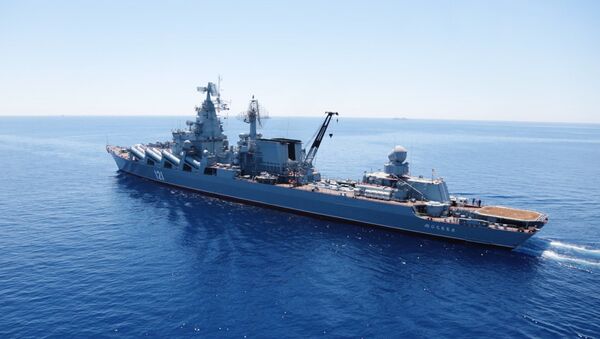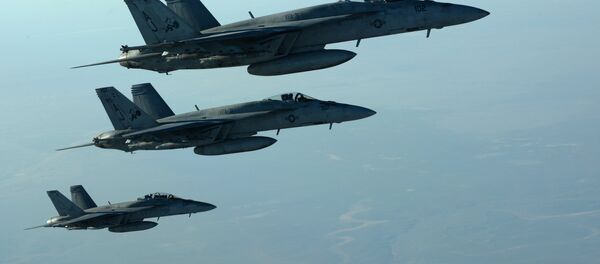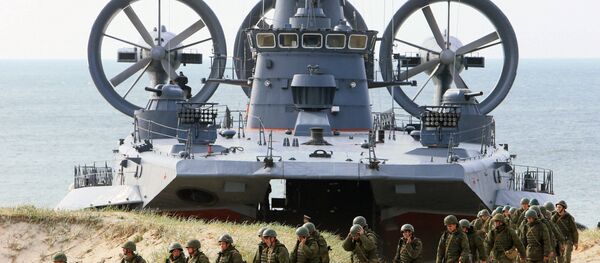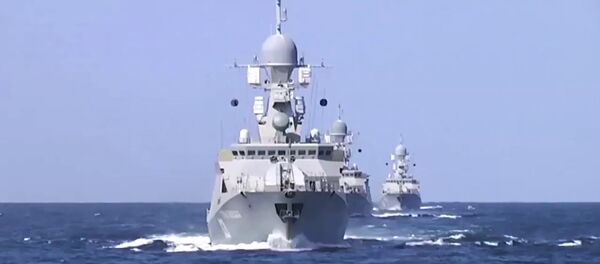“Russia has not had any sizeable presence in the Mediterranean since the end of the Cold War. And a lack of investment until recently in its decaying Black Sea fleet, based in Crimea, had led many strategic military planners to overlook the entire theatre as a possible source of concern when it came to Moscow,” reads a recent article in the UK newspaper The Financial Times.
“We have to be prepared for Russia to be [in Syria] as a factor for a long time,” the newspaper quotes Alexander Vershbow, NATO’s deputy secretary-general as saying.
He especially noted what he referred to as “Moscow’s permanent, disruptive presence south of the Bosphorus”.
“[We have to] think about the broader consequences of this build up in the Eastern Mediterranean and the capacity of these airbases,” he said.
What sparks even more alarm is that “Russia’s renewed presence” apparently “threatens to restrict the freedom of navigation”, which allows NATO “to quickly and easily deploy military assets”.
For the US, for example, it could complicate its ability to readily project naval power into the Gulf, the newspaper says.
With an enlarged fleet so far south, Russia’s recently inked agreement with Cyprus giving its navy berthing rights also presents fresh challenges, the outlet says.
“Russian surveillance and electronic warfare assets now have the potential to be legally and regularly brought close to the British Royal Air Force base at Akrotiri, home of one of NATO’s most important listening stations.”
“The deployment to support Assad is not the end of the story,” the newspaper quotes Jonathan Eyal, international director at the Royal United Services Institute in London as saying. “This is really a fundamental shift in Russian posture that will be long lasting.”
Russia’s Mediterranean fleet bristles with its most powerful anti-aircraft missiles — s300 systems — which have been fitted to all but its smallest ships, the newspaper says.
For the first time, NATO thus has to practice without assuming it will have total control of the skies.
“It’s something entirely new,” the newspaper quotes Gen Mercier as saying. “We have now a situation where we are exercising in a scenario where NATO does not necessarily have the balance of military power.”





